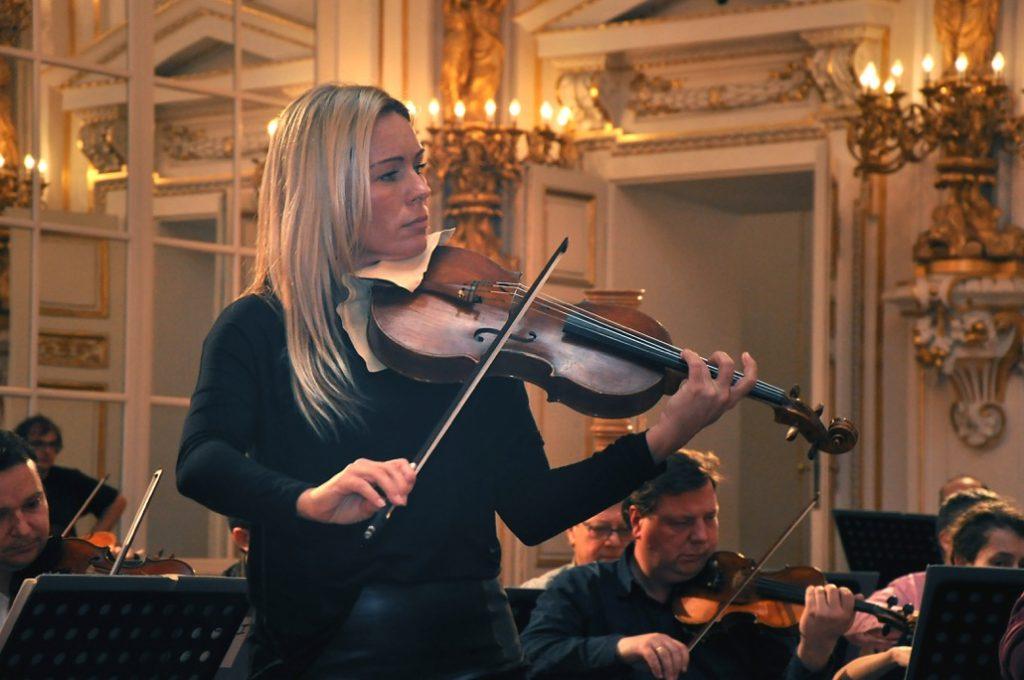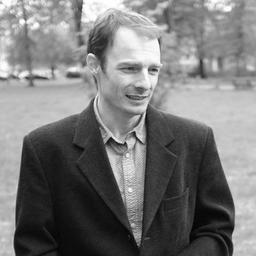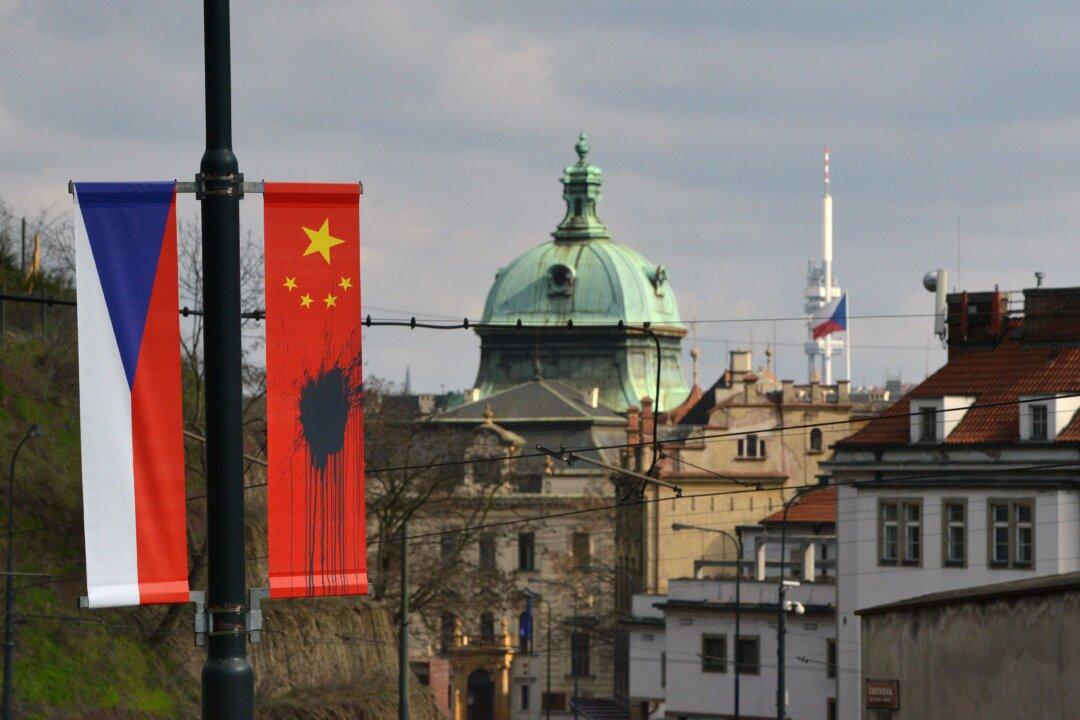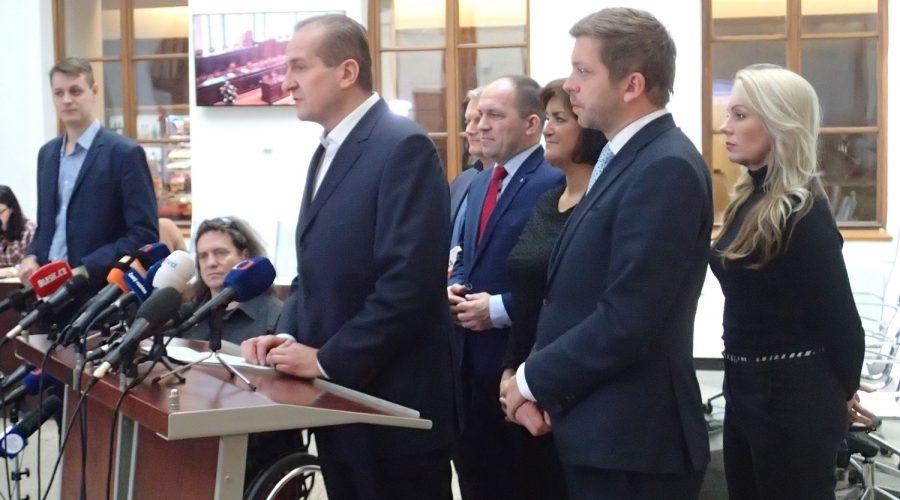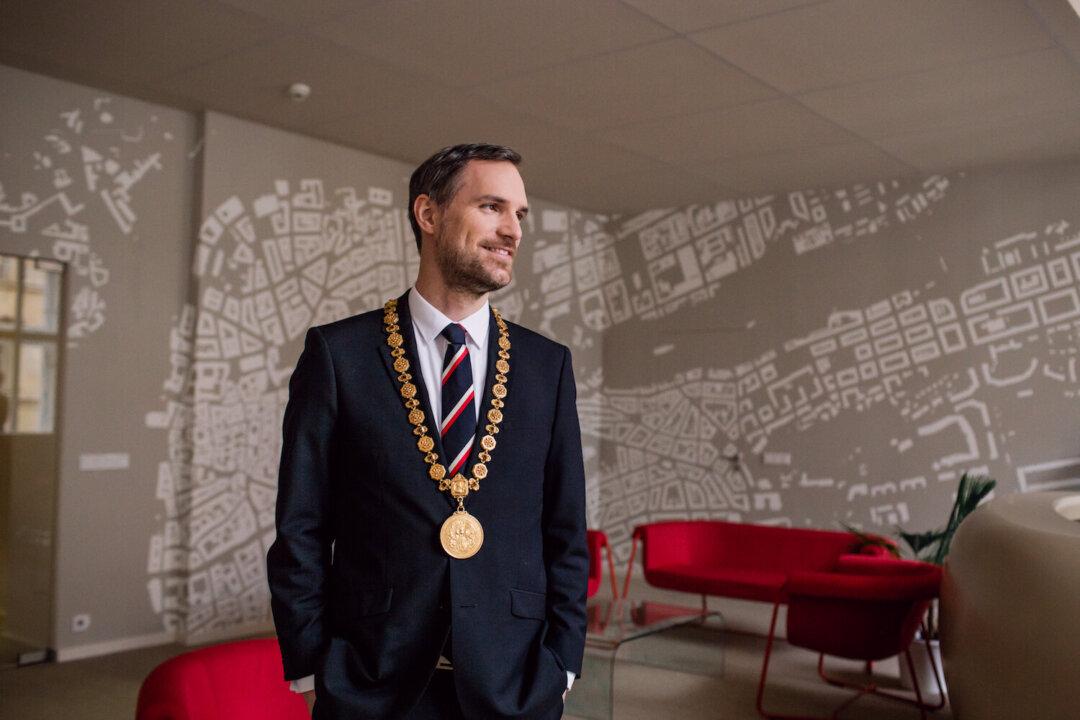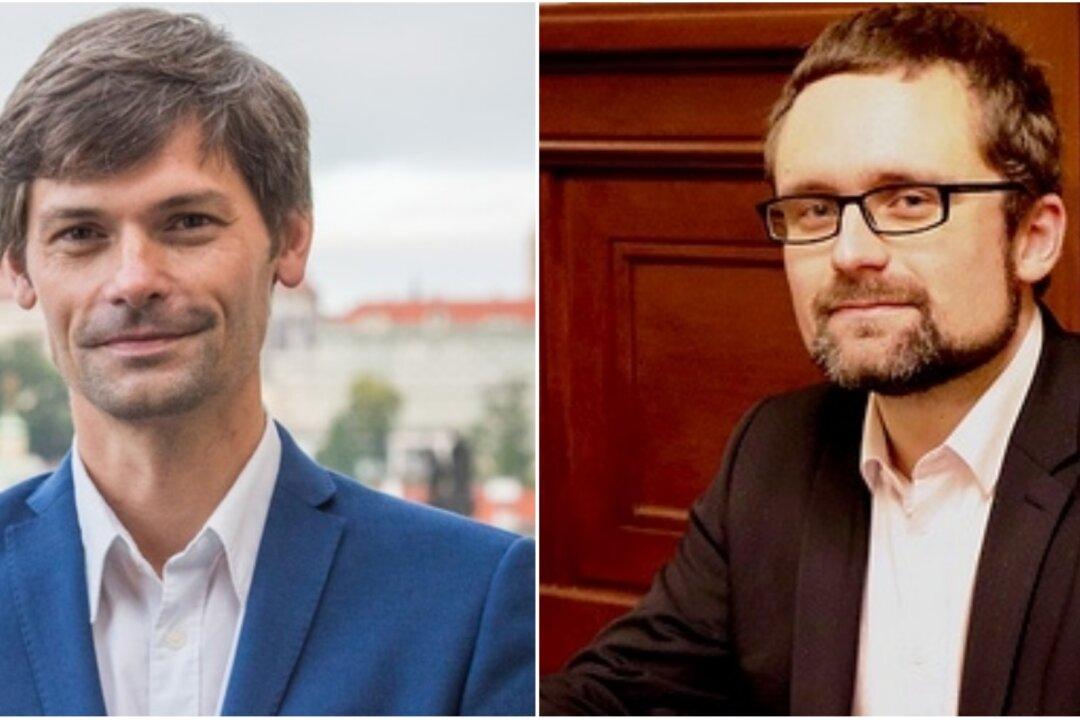PRAGUE—Jitka Hosprova is the first Czech viola soloist to be recognized not only in the Czech Republic but also abroad. She is a keen promoter of classical music and presents in her performances the jewels of Czech viola literature, embodying the dynamic concept of classical music.
Hosprova studied viola at the Academy of Performing Arts in Prague under Professor Jan Peruska. She also worked with the legendary Italian violist Luigi Alberto Bianchi, who brought her to the level of virtuosic mastery.

